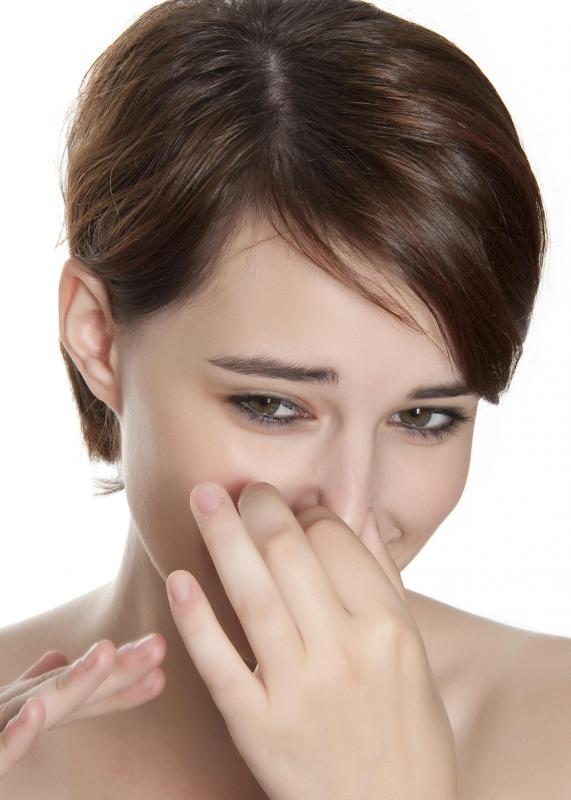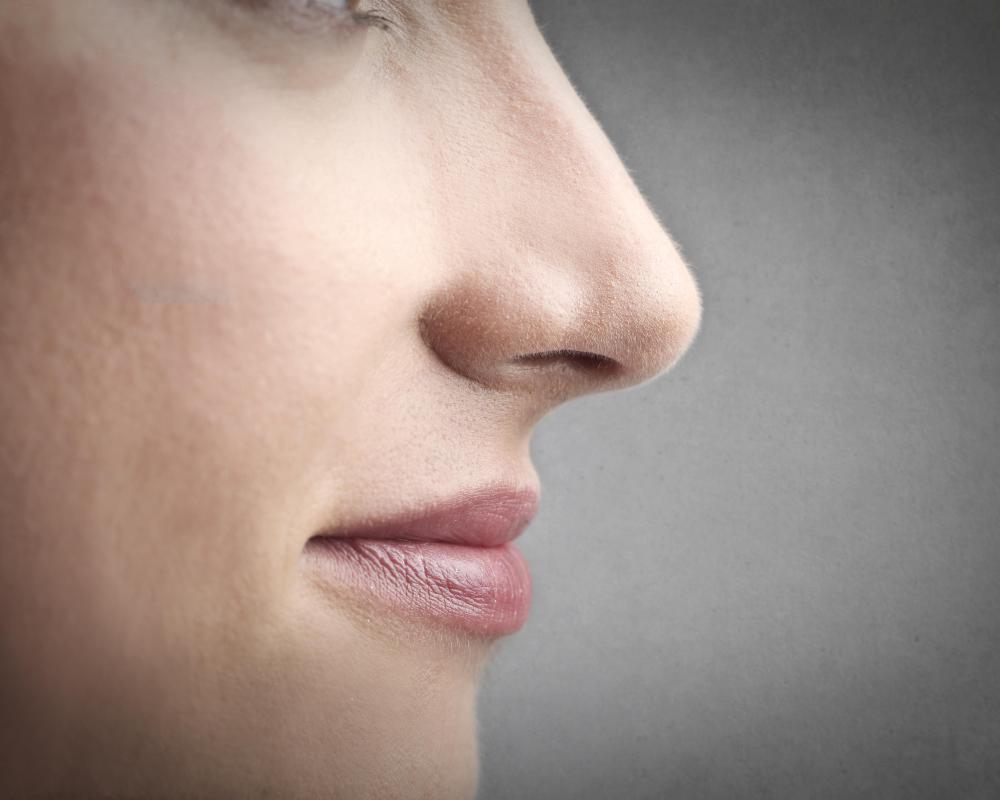At TheHealthBoard, we're committed to delivering accurate, trustworthy information. Our expert-authored content is rigorously fact-checked and sourced from credible authorities. Discover how we uphold the highest standards in providing you with reliable knowledge.
What is Parosmia?
Also called troposmia, parosmia is the impairment of the olfactory function leading to the inability of the brain to recognize the natural or intrinsic smell of a particular odor. The natural smell is then typically perceived as having a rotten, burning, fecal, or chemical odor. In instances when pleasant odors are perceived instead, the olfactory dysfunction is more properly called euosmia. Causes include upper respiratory tract infections, head trauma, temporal lobe epilepsy, and Parkinson’s disease. No specific treatment is available, but it is known to decrease in severity over time.
Parosmia is the term used to refer to distorted olfaction, wherein the affected person perceives a smell that deviates from the typical scent. For instance, the affected person may be presented an apple scent, but perceives a burning odor instead. In contrast, phantosmia refers to the perception of smell when there is no scent or odor presented. Phantosmia more accurately refers to olfactory hallucinations.

Various unpleasant odors reported by people who have the condition include garbage, vomit, smoke, and rotting flesh. Most people identify the odor of rotting flesh to be the most unpleasant. Normally, people who smell unpleasant scents undergo sensory adaptation, so that within a few minutes, the unpleasant scent seems to have dissipated. Among people suffering from parosmia and phantosmia, the perception of the unpleasant scent is long lasting. The unpleasantness of the smell and the extended duration of perceiving this smell usually lead affected people to a medical consultation.

Diagnosis involves testing the sense of smell of the affected person by presenting different odors. Methods include the University of Pennsylvania smell identification test (UPSIT) and sniffin’ sticks. When these methods are used, the stimulating odor can be identified.
The main cause of parosmia is upper respiratory tract infections (URTIs). It is postulated that URTIs can damage the olfactory receptor neurons (ORNs), leading to the inability of these neurons to encode and send the correct signal to the olfactory bulb, which serves as the processing center for smells. Exposure to solvents, such as benzene, is also associated with this impairment of olfaction because of damage to the ORNs.

Head trauma that affects the olfactory bulb, which is situated on the inferior side of the brain, can also lead to this condition. Any pathology that involves the interpreting centers of the brain may lead to a misperception of odor. Episodes of olfactory dysfunction have been reported following seizures in temporal lobe epilepsy. Among people with Parkinson’s disease, it is hypothesized that insufficient levels of dopamine lead to this condition.

No definite cure is available for parosmia, but its symptoms diminish over time. Some people may suffer for years. Levo-dopamine has been used for some people, but there is no evidence that it cures the condition. Some patients who would rather not smell anything at all opt to have their olfactory bulb destroyed with surgery.
AS FEATURED ON:
AS FEATURED ON:















Discussion Comments
I smell strong urine from a soap sample and everyone else smells bergamot, mint, sage, and lavender. Each time I smell this small piece of bar soap, I am sick. The urine smell is overwhelming and I cannot smell any other scents from the soap. The smell does not go away when I re-smell it over and over.
But other soap and candles smell great to me and I can identify their positive scents. I'm in my late 50's and this is the first time I have experienced this perception.
The definition of parosmia is having an affected sense of smell. If you have parosmia you probably smell things that are not there. That could be a good thing if say you smell chocolate chip cookies rather than a smelly bum. But people who complain about parosmia usually complain of unpleasant smells.
Post your comments